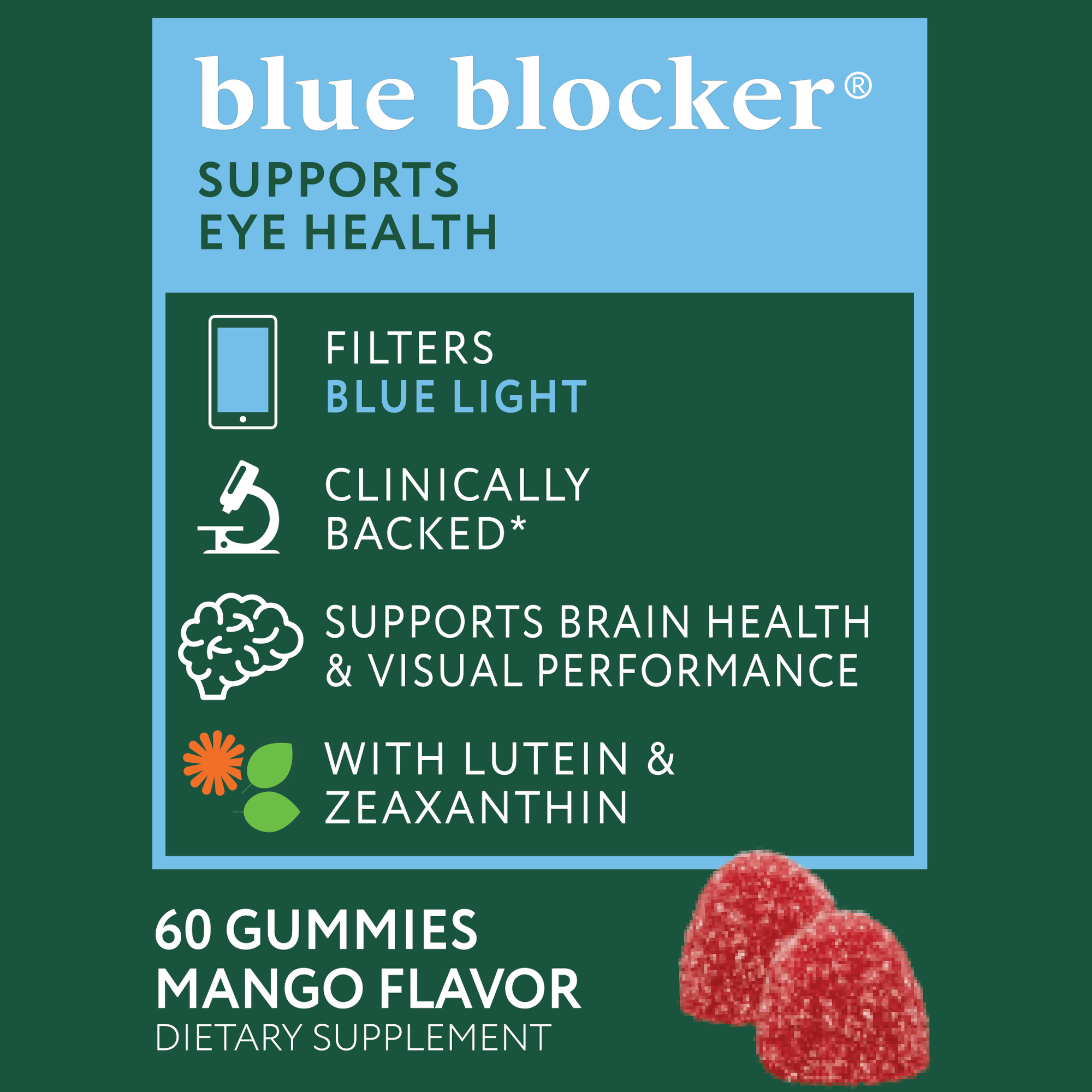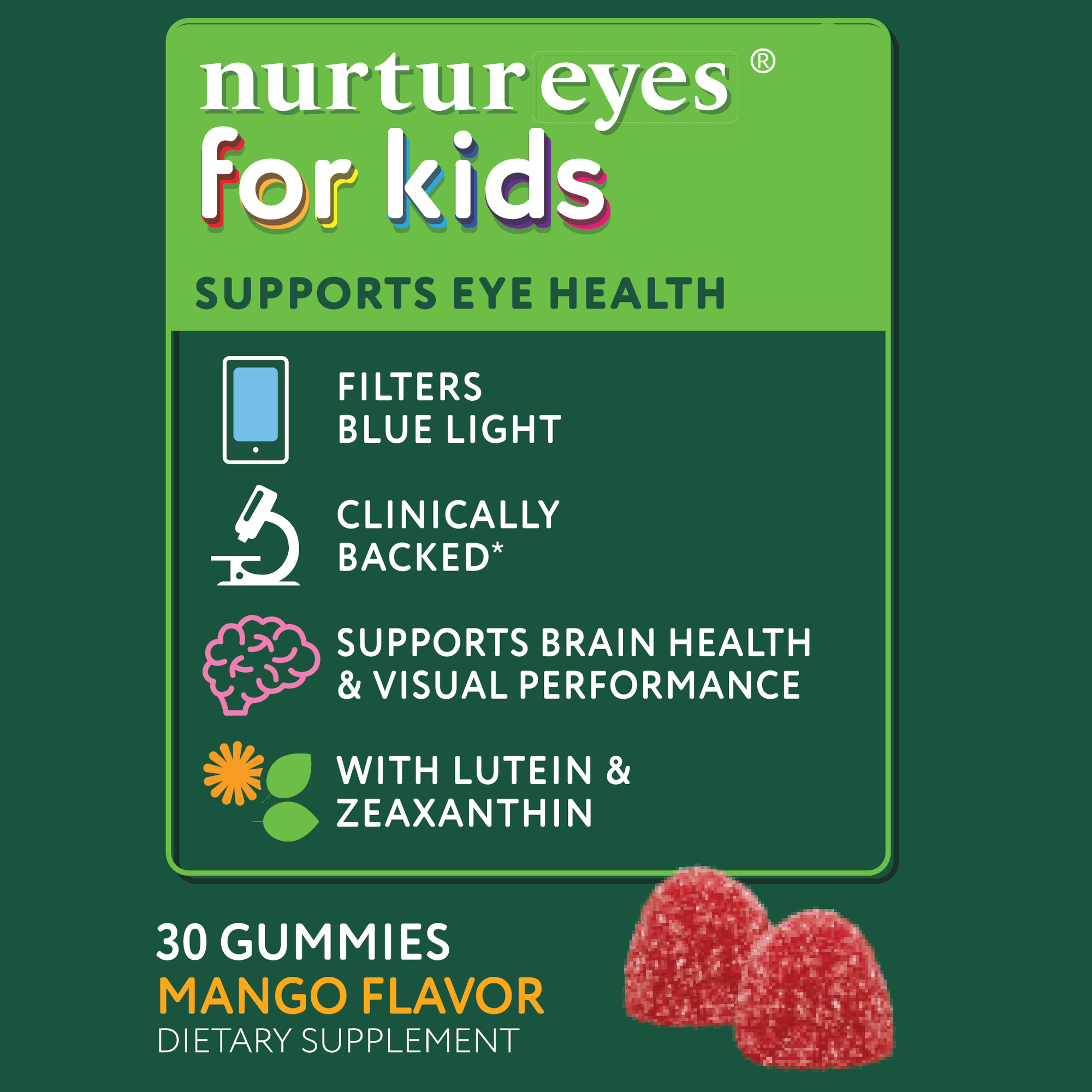· By Dr. Kaushal M. Kulkarni, M.D.
Is Screen Time Harmful?
The world we live in today is driven by technology. It is very hard to go an entire day without staring at a digital screen of some kind. From our phones, to our computer, to the TV, and maybe even on an airplane, viewing screens is our main way of taking in content in the modern world. Research shows the average adult logs 6 hours, 43 minutes of total screen time daily, with teens and children spending up to 9 hours a day looking at electronic devices. That’s half of the day lost to a bright screen.
It is very likely that you have heard too much screen time is harmful to your eyes. However, it is not just our eyes that are affected. Staring at a screen for multiple hours a day isn’t great for your brain, sleep cycle, or emotions either. Let’s take a look at just how much our screen time affects us.

Screen Time on iPhones?
The light that projects from a screen creates a different contrast than on paper which makes it harder on the eyes. Additionally, the movement on the screen can make it hard for our eyes to focus, which can lead to vision issues such as blurry or double vision. If you are required to stare at a computer due to work, consider taking vitamins that are beneficial to the eyes. There is a large variety of vitamins that can improve the health of your eyes and vision.
Can Digital Screens Disrupt Sleep?
There is no denying that it is sleep necessary for our health. When we lay in bed scrolling through our phones, responding to emails, reading on an e-reader, or watching TV, the brain remains active, thus confusing our brain about when it is bedtime. This happens because the brightness from the screen suppresses the brain’s ability to create melatonin, the hormone that controls our sleep-wake cycle. When the body does not have enough melatonin, it will not reach a deep REM sleep, which is necessary for a true goodnight’s rest.
How Do Screens Affect Our Brain?
Our bodies lack of melatonin isn’t the only thing connected to screen usage. It affects our brain in multiple ways.
Many of these changes to the brain are similar to those of other addictions, such as alcoholism or drug addictions. Just as with any other addictions, the longer one struggles with the addiction, the more the brain changes, making the outcome even more concerning.
Time Spent In Front of Screens is Affecting Our Relationships
Another possible effect of screens on the brain is damaged to the insula, which allows us to feel compassion and express empathy. Not to mention, most of the time, what we are doing while using a screen can be time-consuming. How many times have you gone to check a work email and 20 minutes later you are somehow watching cat videos on Youtube? Too many times to count most likely. After all, they are designed to keep our attention.
All of that time we spend staring at our phones and laptops is less time we are spending interacting in real life. The brain needs human connection to function properly, including eye contact. We are more likely to not provide our full attention to others while we are looking at our smartphone.

Screens Affect Children Too
The ones who are most at risk are young children and teens. A child’s brain undergoes a lot of change during their information years and excessive screen time makes that difficult. Due to screen use, many children suffer from sensory overload and hyperactivity. This can lead to a child that is impulsive, moody, and lacks attention span.
One of the best parts of being young is the imagination and creativity that comes along with it. However, all that time kids spend in front of a screen, it is the screen that is depicting their imagination, not their own brain. Combined with all the previously mentioned conditions too much screen usage can cause, this is just the beginning of their effects on children. Start taking the steps to prevent these risks in children by giving them a daily dose of lutein using Nurtureyes.
Screens Discourage Movement
Having anything and everything you need in the palm of your hand is incredible, but it also makes it so we don’t have to move about to get things done. The body is created to move, our brains crave it. The trending lack of movement contributes to increased weight-gain. The more time we spend sitting in front of the TV munching on snacks, the greater the risk of becoming obese.

At the end of the day, all we need to do is simply limit prolonged screen use to protect ourselves and our children from any consequences or conditions that may occur. Use the extra time to spend quality time with friends and family, but more importantly, use your new found time to do something for yourself. Get up and get moving.
Prevention is always the best step. Prevent damage to your eyes by taking your eyetamins everyday.












